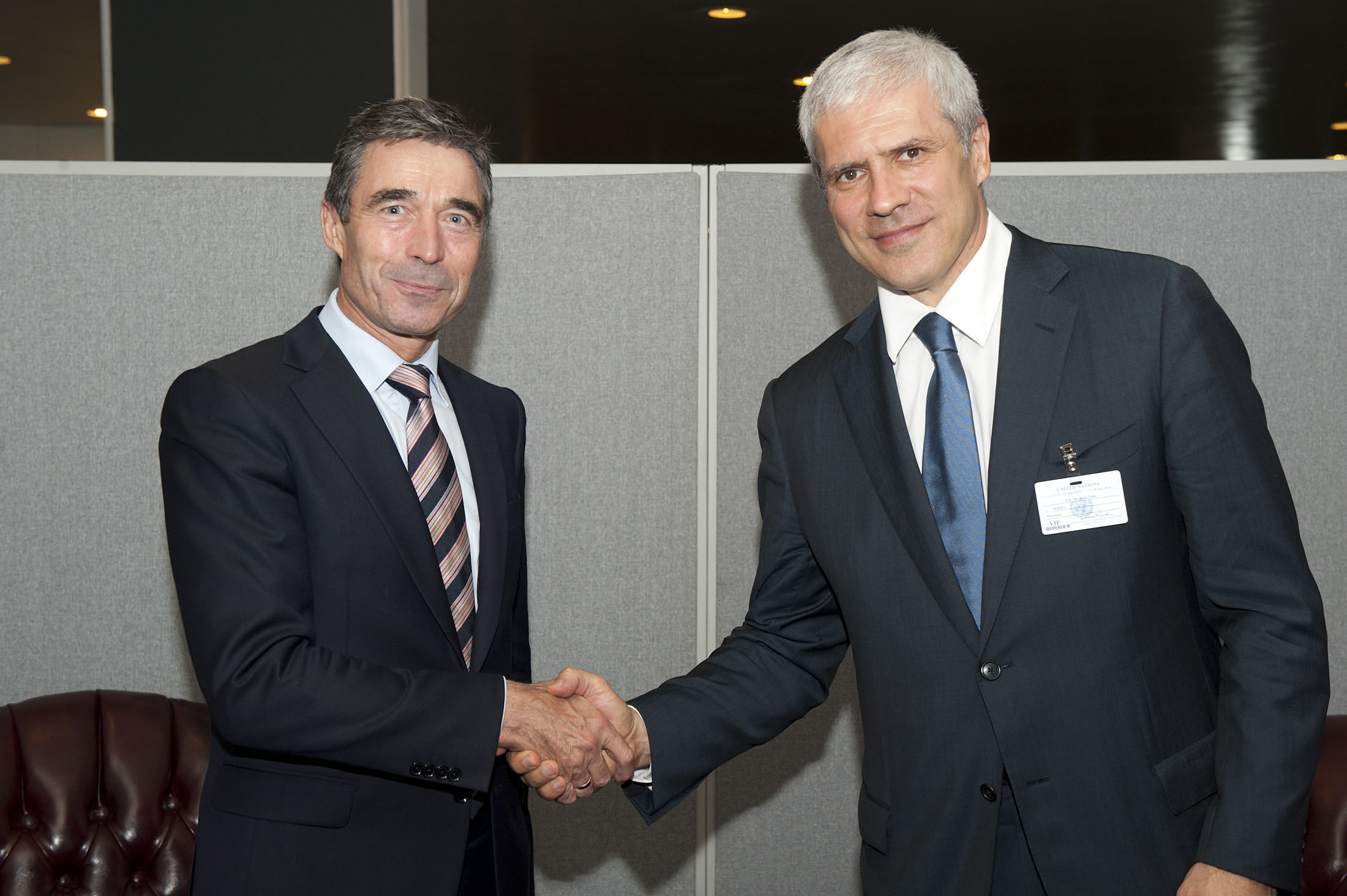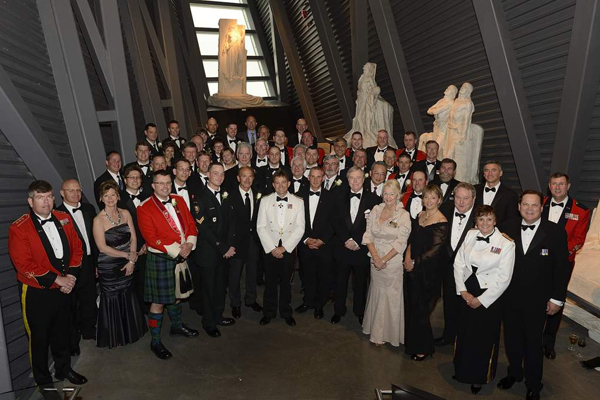It has been just over ten years since the Yugoslav Wars ended. It should therefore come as no surprise that stability in the Western Balkans remains imperative for NATO. One of these tasks comes in the form of disposing of stocks of surplus ammunition throughout Serbia. In October 2006, an explosion at the ammunition depot in Paracin clearly demonstrated the potential danger posed by stockpiles of obsolete ammunition. Surplus ammunition can also pose a wider security threat should it fall into the wrong hands.
[captionpix align=”right” theme=”elegant” width=”300″ imgsrc=”http://natoassociation.ca/wp-content/uploads/2013/09/serb2.jpg” captiontext=”Paracin, where stockpiles of obsolete ammunition exploded in 2006.”]
As a result of events like the Paracin explosion and after requesting aid from NATO, a government-owned demilitarization facility in central Serbia is set to be further developed to ensure the safe and environmentally responsible disposal of almost 2,000 tons of surplus munitions. In order to mitigate risks in an environmentally responsible way, the United Kingdom will be the lead nation for the project while being backed by the NATO Support Agency in carrying out a feasibility study. The UK, also responsible for funding a large part of the project, would also help oversee the demilitarization of around 2,000 tons of surplus munitions over the span of two years. Apart from the United Kingdom, two partner countries – Ireland and Switzerland – have already committed funds. In addition, the United States has indicated its willingness to make a significant contribution.
The willingness of member states to cooperate in this endeavor comes largely from Serbia’s own willingness to work with NATO’s Partnership for Peace program, which is aimed at creating trust between NATO and other states in Europe and the former Soviet Union. The United Kingdom’s Permanent Representative to NATO, Mariot Leslie, has emphasized this sentiment. “That’s a good demonstration of NATO’s ability to use its network of partnerships in an open and collaborative way in support of goals which we all share,” and that “we are glad that Serbia turned to NATO for help. I see that as real evidence that Serbia takes its Partnership for Peace program seriously and wants to take advantage of the high standards and interoperability which come from working alongside NATO’s Allies and partners.”
NATO’s current project in Serbia is extensive; however this is not the first of its kind to be carried out in the Balkans. Over the past decade, projects have included assisting Serbia and Montenegro with the disposal of 1.4 million anti-personnel mines in a €1.7 million project that ran from 2005 to 2007. Serbia equally requested further assistance in developing the capacity of the defense ministry’s main demilitarization facility, Tehnički Remontni Zavod (TRZ), located near the town of Kragujevac in central Serbia. Major General Milan Mojsilovic, the Serbian Military Representative to NATO, has acknowledged his country’s need for external assistance from Partner states. “Within the ongoing defense reform process in Serbia, ammunition surpluses are recognized as a huge and sensitive problem with insufficient capabilities and technologies for overall demilitarization.”
[captionpix align=”left” theme=”elegant” width=”300″ imgsrc=”http://natoassociation.ca/wp-content/uploads/2013/09/serb1.jpg” captiontext=”Serbian Major-General Milan Mojsilovic, Serbia’s Military Representative to NATO.”]
What this also signifies, however, is that Serbia’s requesting NATO’s assistance may further its potential in eventually becoming a fully fledged member of the organization. Given that NATO fought Bosnian-Serbian forces during the Bosnian War, and Serb forces during the 1999 Kosovo conflict, and openly supported the subsequent independence of Kosovo from Serbia, relations between NATO and Serbia have been rather strained. The fact that Serbia was willing to participate in the Partnership for Peace program in recent times, however, has permitted NATO to work with the Balkan state and bring it closer to the organization. Even though Serbia does not currently have any plans to apply for NATO membership, the Alliance has offered Serbia an invitation to enter the intensified dialogue program in 2008, whenever the country is ready to.
Serbia’s willingness to request NATO’s assistance and its ability to work with the organization to demilitarize and remove surplus munitions from past conflicts that have pitted NATO against the Balkan state can only hint at a positive future for cooperation. Should everything progress smoothly, a new member state in the Alliance is in the realm of the possible.




